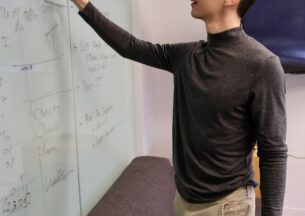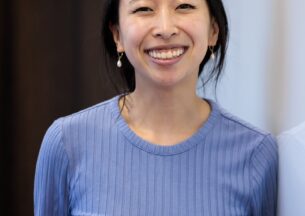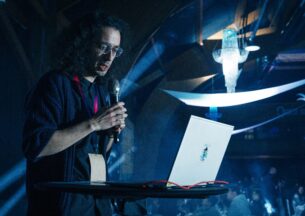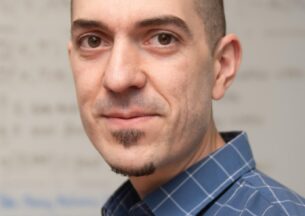William Mansky (UIC)- Foundational C Verification with VST and Iris
Abstract: The strongest way to guarantee a program’s correctness is to verify it with a program logic implemented in an interactive theorem prover. Two systems for this kind of verification are the Verified Software Toolchain (VST), which connects to the CompCert verified C compiler to provide guarantees down to assembly, and Iris, a language-independent separation logic framework that has been the focus of a huge amount of recent research across many application domains and language features. In this talk, I aim to give a taste of the theory and practice of these foundational program verification tools. I will review the basic principles of separation logic, describe how Iris implements them via a flexible notion of “resource algebra” and an elegant proof mode, and walk through my recent work rebuilding VST on top of Iris, from the basic concept of memory ownership to the user-level tactics.
Speakers
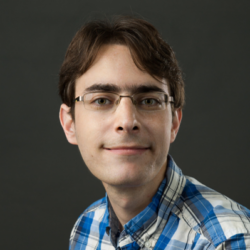
William Mansky
I’m interested in the semantics, analysis, and correctness of programs, especially concurrent programs. I’ve done work in compiler and program verification, programming language semantics for low-level languages, and formalizing memory models (both sequential and concurrent). My main tools are the interactive theorem provers Coq and Isabelle.
I am working on building tools and techniques for proving the correctness of concurrent C programs, using the Verified Software Toolchain(code here). I aim to prove correctness of realistic concurrent systems code, including web server and database implementations, and to develop simple approaches to reasoning about fine-grained concurrency. I’ve written an introduction to verifying concurrent programs in VST, available here.
More generally, I’m interested in bridging the gap between programming and program verification, providing better tools for programmers to understand the effects of code as they write it, and making it easier to verify code as it’s written. I’d like to make it possible for every C programmer to write proved-correct code.



